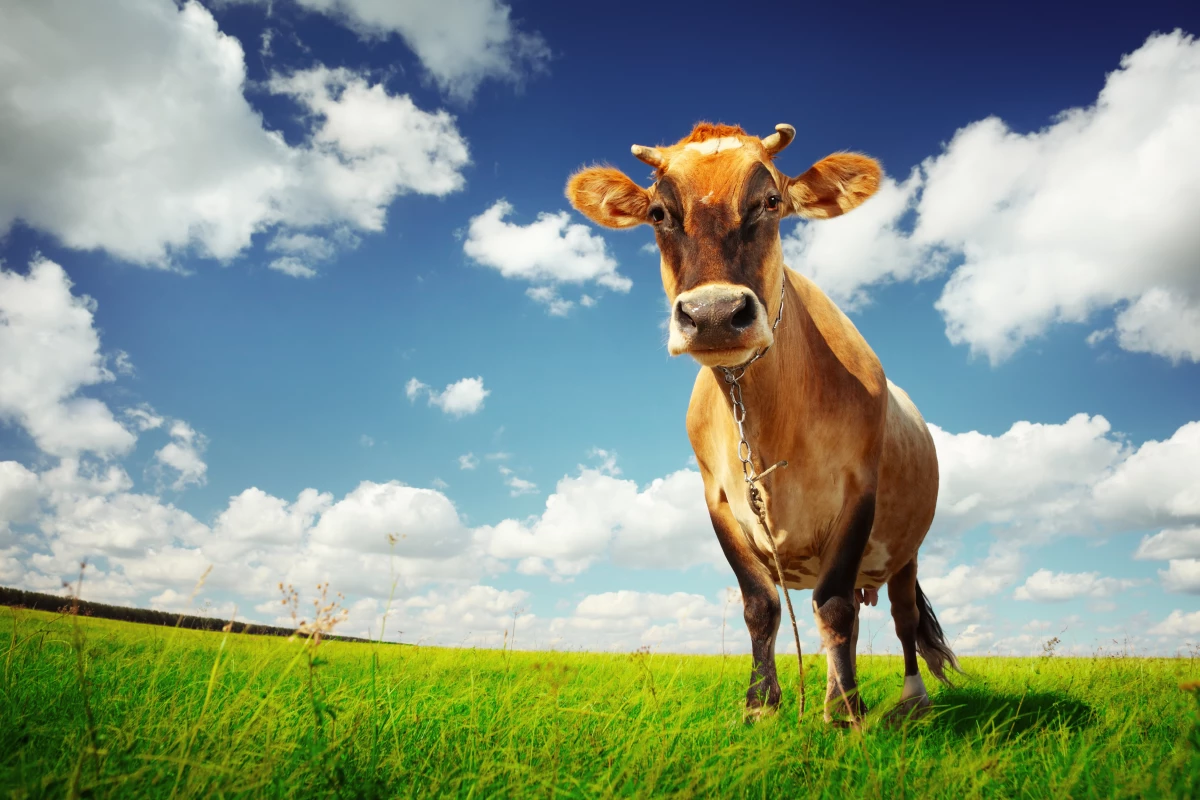The burning of agricultural waste and the methane that's burped up by cows are two major sources of greenhouse gases. An experimental new type of animal feed, however, is aimed at reducing both the burning and the burps.
Developed by scientists at Spain's Polytechnic University of Valencia, the pellet-type feed partially consists of the rice straw that's left in the fields after harvesting, and the leaves that are pruned from orange and lemon trees. These take the place of the alfalfa that would normally be used in such a feed – typically, the straw and leaves would just be burned. Additional ingredients are included for nutritional content.
The feed is intended not only for cows, by also other ruminant livestock such as goats, water buffalo and yaks, along with camelid livestock like camels, llamas and alpacas. In field tests where it was fed to some such animals, it was claimed to reduce their methane emissions by 8 to 22 percent. Their milk production was unaffected.
Besides its environmental benefits, the feed could additionally provide rice or citrus farmers with an additional source of income, along with providing livestock farmers with a low-cost, locally-made feed.
"It is also a proposal that complies with on of the principles of a sustainable agricultural-farming system: the three Rs – Reuse, Recycle and Reduce – without harming or altering the productive level of the animals," says Prof. Carlos Fernández, leader of the project.
A paper on the research was recently published in the journal Animal Feed Science and Technology. Previously, Mexican scientists were able to reduce cow-burp methane by giving the animals a feed that included leaves from local leucaena trees and cosmos flowers.
Source: RUVID




